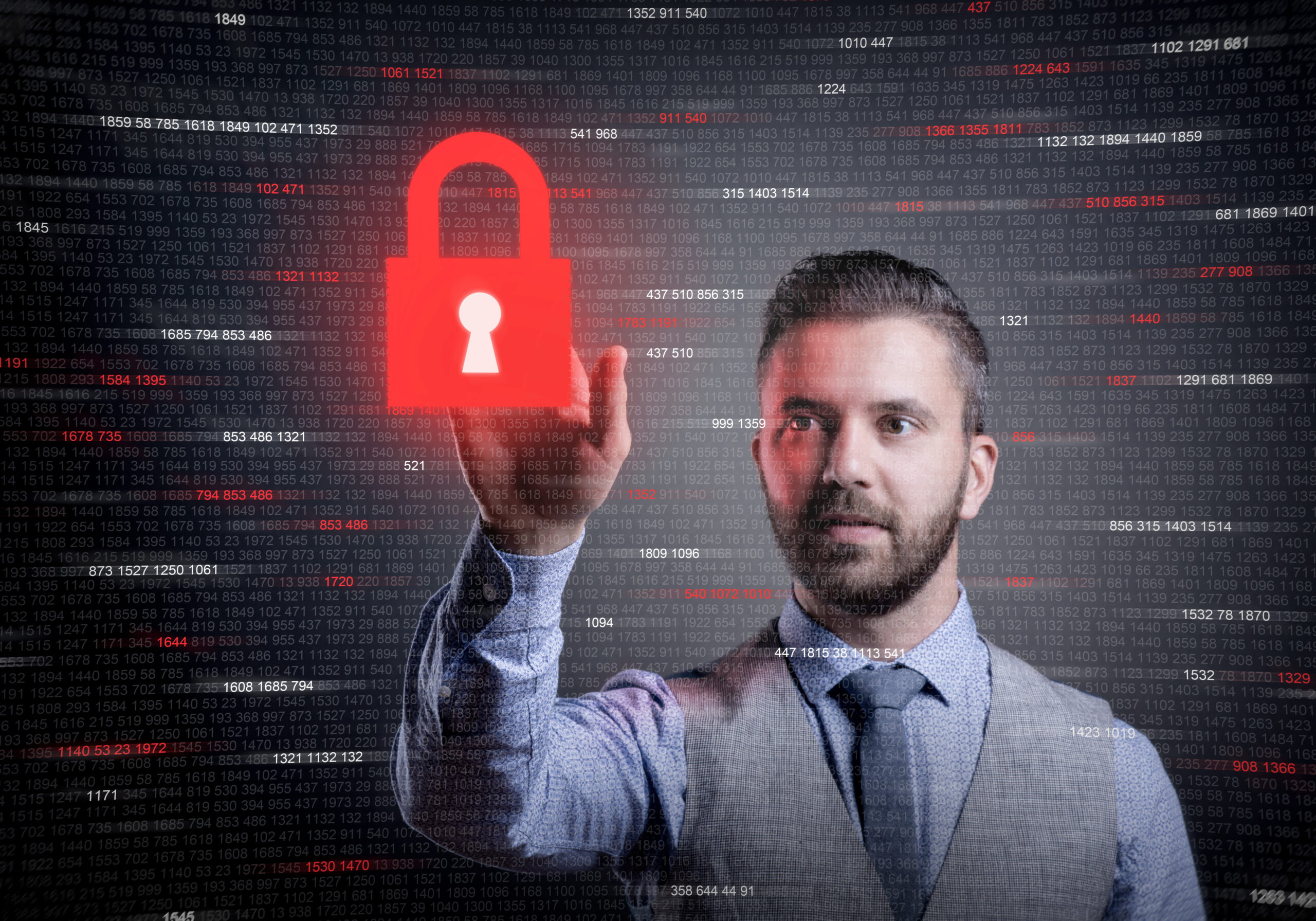Introduction:
Cybersecurity is a growing concern for individuals, businesses, and governments around the world. With more people using technology every day, the risk of cyber attacks increases exponentially. In this blog post, we will explore some common threats in cyberspace and provide you with tips on how to keep your information safe from hackers.
Common Threats in Cyberspace:
1. Phishing Attacks – Hackers use phishing emails or messages to trick users into revealing their login credentials or personal information. These messages may appear legitimate but are designed to steal sensitive data.

2. Malware – This type of software is used by hackers to gain unauthorized access to computers and mobile devices. It can be disguised as harmless files or programs that when downloaded infects the device.
3. Ransomware – A form of malware that encrypts important files on an individual’s computer until they pay a ransom fee.
4. DDoS (Distributed Denial-of-Service) Attacks – This attack overloads servers with traffic making it unavailable to users.
How Hackers Gain Access to Your Information:
Hackers use various techniques to gain access to your information such as social engineering, exploiting vulnerabilities in software, brute force attacks, and pretexting. Social engineering involves manipulating people into divulging confidential information through deception. Exploiting vulnerabilities means taking advantage of weaknesses in software that have not been patched yet. Brute force attacks involve trying multiple passwords until one works while pretexting involves posing as someone else to obtain private information.
Best Practices for Keeping Your Information Safe:
Here are some best practices for keeping your information safe:
1. Use strong passwords and change them regularly.
2. Enable two-factor authentication whenever possible.
3. Be cautious about clicking links or downloading attachments from unknown sources.
4. Keep all software up-to-date including operating systems, browsers, and antivirus software.
5. Backup important files regularly.
Conclusion: The Importance of Staying Vigilant:
In conclusion, staying vigilant is crucial in protecting yourself against cyber threats. By following these best practices, you can reduce the risk of becoming a victim of cybercrime. Remember to always be skeptical of suspicious emails or messages and never share sensitive information without verifying the source first.